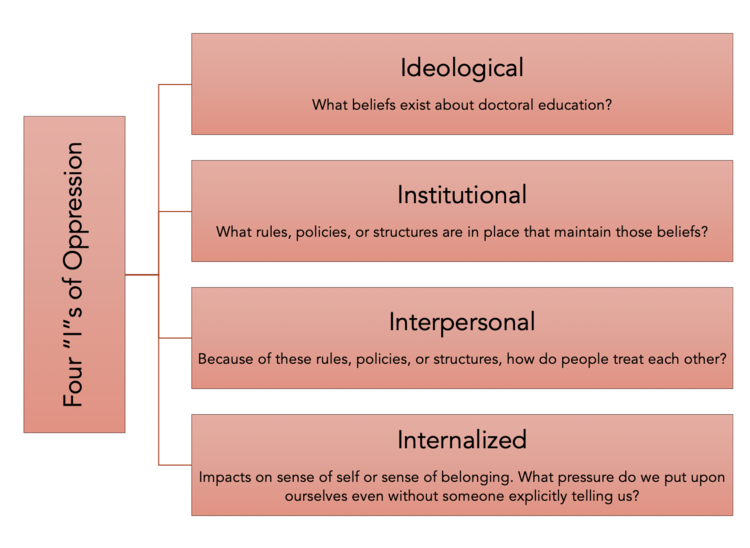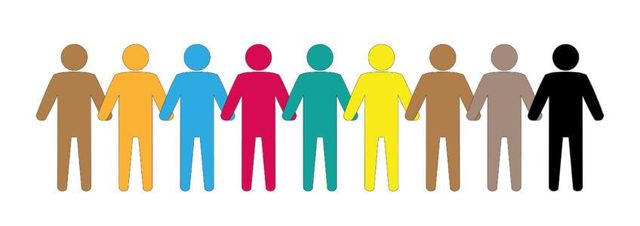With public education, adopted originally in Massachusetts by the first State Director of a School Board, Horace Mann kickstarted a new trajectory that would be the standard of American Living for centuries to come. Nowadays, public school is obvious and set in stone, once in a blue moon we hear about homeschooling, as it has become a sort of oddity in our modern society. However, once upon a time some 150 years ago, people's homes were where they learned everything they ever needed to know. By learning at home, parents created the curriculum, which usually consisted of the essential chores to keep the family alive and well (cooking, cleaning, cloth making, etc.) and not a standardized method of doing long division.
The speakers of this short video essay argue that the public school system, set up originally by Mann but assimilated into every state's context accordingly, has killed creative pathways in our learning. They believe public schooling is a method of teaching by the book and to mold every child that passes through into an obedient subject of those who hold "power" over them.
This argument is not a foreign subject to me or really anyone who has ever discussed the role of education in our society. It is wildly evident through required standardized testing and recent evolutions of curriculum formats that the developments regarding school systems of our country, on both a federal and state level, have transformed into business and monetary-based mindsets. With schools that receive better accumulative scores on mandated standardized tests receiving more funding, it is no wonder teachers and administrators slowly teach more and more by the book each year.
Creativity and imagination are being left in the dust in exchange for more money allocation, a benefit hardly finding its way to the students at all. That is not to say public education as a whole is a complete failure, and we were better off without it at all. Without the introduction of public education, access to numerous different skill sets and subjects would have never been made reachable for millions of students. Back before public education was established, we lived in a time of family-based sustainability, which requires children to be home to take care of livestock, the home, other children, etc. Who's to say we wouldn't be stuck in such a place now if it weren't for laws requiring some sort of education, whether public or private.
I would honestly go as far as to say life would be completely different in terms of development and entrepreneurship. Technology innovations we hold so dear like phones, computers, and tablets, are works at the hands of those who discovered an interest from watching people before them invent something. And those before them discovered their own interest from those before them as well. A pattern that I believe never would have started without getting children out of the house and away from a life of physical chores and into a place of thinking and self-discovery.




